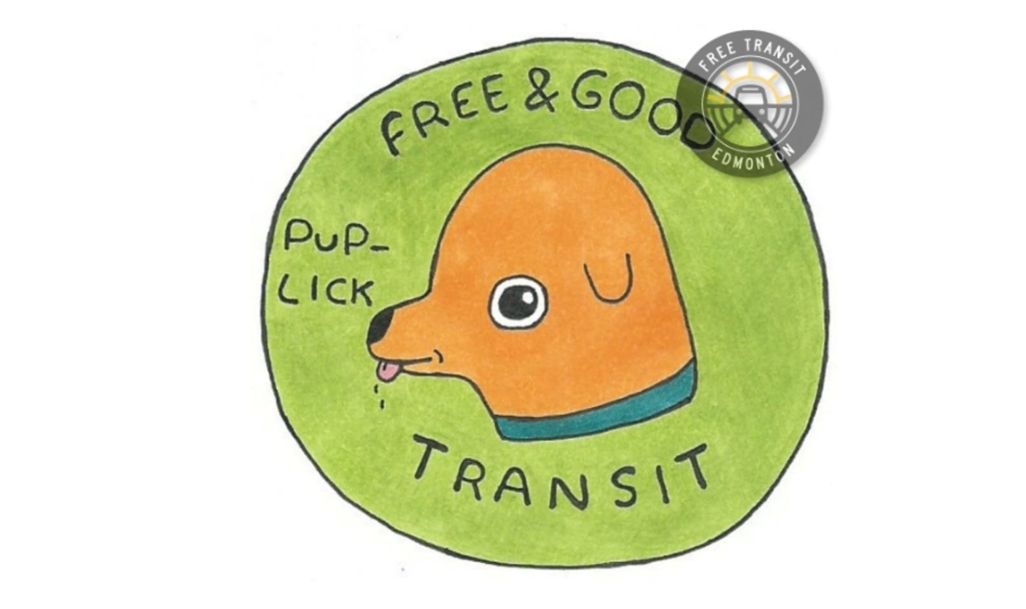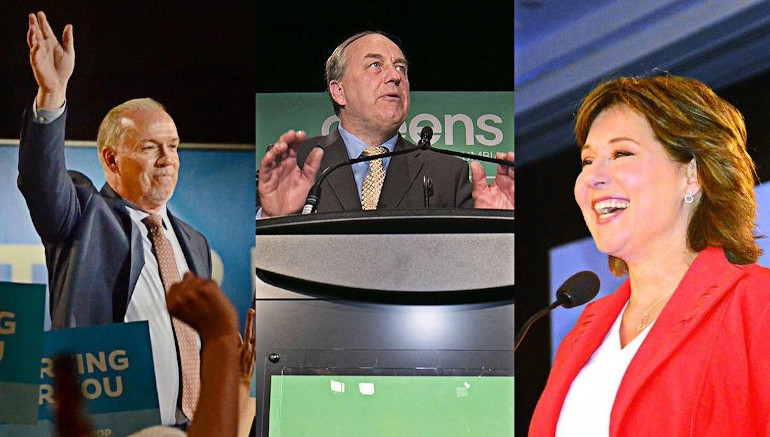The Canadian government is giving Volkswagen Canada (VW) $13 billion to build a massive new electric vehicle (EV) battery plant in St. Thomas, Ontario. This is being hailed as a “game changer” for Canada’s auto sector as the ruling classes of various countries fight to secure investment in a broader and greener economy. Canada’s traditional auto sector has declined dramatically. In 1999, three million vehicles were produced mainly in Ontario. By 2022, production had fallen to 1.2 million and over the same time, more than 50,000 auto jobs vanished as employment in the sector dropped to 120,000. The question is: will somewhat cleaner technologies provide the magic bullet for both economic growth and reversing runaway global warming?
What’s involved?
Details of the multibillion dollar project, estimated to be the size of 391 football fields, were announced at the end of April at an official welcoming for German automaker Volkswagen to build what they say could be the largest EV battery plant in the world. Unsurprisingly, no mention was made of the food growing capacity from the good agricultural land that these potential football fields are sitting on! The plant is expected to employ up to 3,000 people and create thousands of spin-off jobs. VW is investing $7 billion to build the plant compared to the $13 billion in subsidies over the next decade that the federal government will give to VW. In addition, the Ontario government will pay $500 million in “direct incentives” to VW. The plant will have six production lines and make enough batteries for one million cars every year. VW has plans to make 25 new vehicle models in the coming decades, and most of their batteries will come from St. Thomas.
Trudeau postures
In his usual patronizing, suck-up way, Justin Trudeau credited Canadian workers for the largest auto deal in the country’s history: “This deal is about workers. It will be worth $200 billion to the Canadian economy over the coming decade and will create up to 30,000 indirect or spin-off jobs.” He continued, “A cleaner environment, a stronger, healthier, happier workforce, partnerships with Indigenous peoples, that is how we build a strong economy of the future. Canada is about building a stronger future for the middle class and their children.” As always, it’s all about the so-called middle class. But if he is so into a healthier, happier workforce, maybe he’ll start promoting a four-day workweek. Let’s see how VW responds to its own workers back in Germany — IG Metall, Europe’s largest industrial union, will soon be entering negotiations for a four-day workweek at current salary rather than a pay raise for its members.
Will there be a union?
There are no existing VW plants in Canada but there are several in the US, none of them unionized. Nine years ago, the American auto workers union (UAW) fought a valiant campaign to unionize but went down to a narrow defeat at VW’s plant in Chattanooga, Tennessee. In Ontario, the only unionized car plants are with the “Big Three” (Ford, GM and Chrysler). In 2014, Unifor tried to organize the Toyota plants in southern Ontario, but they came up short. It is likely that when the St. Thomas plant opens, VW will not be looking kindly on the prospect of a unionized work force. The NDP issued a statement on this matter including the following: “While we welcome this investment, if this Liberal government is willing to give 13 billion dollars to a major corporation, good-paying union jobs must be required or at least a commitment, in writing, that Volkswagen will allow this plant to unionize.” Far better if Trudeau was forced to state, “No union, no government money.”
Subsidy or bribe? Bail out or investment?
The Liberals are looking for a green makeover following a decade of failed emission targets and concessions to Big Oil. There are some environmental benefits to replacing gas guzzlers with EVs. However, the motivation of the Liberal government is that they don’t want to lose out to competitor countries in the growing EV market. Both VW and the government that is bankrolling them see a future in EV for an industry that otherwise faces decline. This is not out of concern for the workforce or their communities, but rather for the profits and dividends. The Liberals were very much aware of pressure from the behemoth to the south, particularly the financial clout that Joe Biden enabled under the Inflation Reduction Act of 2022. Despite its name, this is in fact a law that enacts large-scale subsidies for lower-carbon industries, particularly through production tax credits. Those incentives are generous and broadly available. In making its ground-breaking offer to the German automaker, Ottawa was forced to match what was also on the table in the US. And is it ever generous! As a CBC news analysis pointed out, “With up to $14 billion potentially coming from the province and Ottawa, the battery plant could see governments put in twice as much as the company itself.” When does a subsidy become a bribe?
It may be argued that government intervention in the form of bailouts and subsidies to companies is just capitalism operating on a business-as-usual basis. The record so far for the highest corporate payouts is the $13.7 billion that Ottawa used to bail out GM and Chrysler in 2009. But in that case, Ottawa was purchasing an equity stake in the automakers. And although it would go on to sell that stake at a loss, the bailout’s ultimate $3.5 billion cost to taxpayers is still a lot less than what has just been promised to VW.
While giving VW $13 billion, the Trudeau government has poured billions into the Trans Mountain pipeline, to ship diluted bitumen to the Vancouver harbour. It is not just the bitumen that will flow — money is flowing, even flooding. A decade ago, its estimated cost was $5.4 billion; now the estimated cost has ballooned to $31 billion.
The $14 billion going to VW, if invested elsewhere, could make a real difference to reduce climate change. According to a study, “A federal government plan to reduce greenhouse gas emissions from Canadian homes to zero within eight years would cost up to $6.3 billion annually and require the retrofitting of more than 500,000 homes every year.” Alternatively, $14 billion would be enough to install a 7.5 kW solar system on 622,000 homes.
EVs — the silver bullet?
EVs are no panacea. Spending money to produce them might make more sense than, say, carbon capture projects but in the timescale that scientists estimate for an effective fight against global warming, they will not play the role that some people hope for. An EV, like its gas counterpart, is still a metal box, whether it is made from aluminum or steel. Making a tonne of aluminum emits more carbon than burning five tonnes of oil. In this article, Socialist Alternative explained the problems with EVs — among others: the cost, problems with battery technology, exploitation of workers in the developing world for minerals used in battery production, continuing the car-based infrastructure of highways, sprawl, and busy urban roads.
Electric vehicles will continue to release pollution from tires — putting bigger battery packs in EVs will lead to a major increase in particulate emissions from tires. A study from the UK shows that tire-wear particulate emissions were 1,000 times worse than tailpipe emissions. And the heavier the vehicle, the greater the emissions.
Transit is Key
Socialist Alternative wrote: “A full assessment of the human and environmental costs of massive worldwide EV production — which is still in its infancy — shows that EVs are not the revolutionary solution to climate change that we need. The impact will be too small and too sluggish to address this crisis. The most effective way to tackle transportation’s carbon problem would be to rapidly build massive transit systems like never seen before, to replace the need for millions of vehicles: transit which is high-speed, accessible, and travels between cities.
“A green economy will require electric vehicles as public transit is not capable of addressing all transportation needs. But after decades of neoliberal attacks and budget cuts, it is time to re-imagine communities, towns and cities based on liveable neighbourhoods with a wide range of local jobs, green spaces, facilities and advanced transit systems.
“The billions of dollars going into electric vehicles would be better spent on urban and rural transit and developing high speed rail for passengers and freight. Electric vehicles are not sufficient to deal with climate disaster, and it’s a bait-and-switch that the capitalist class is relying on to continue extracting profits. It’s time to make mass public transit the primary form of transportation all over the world.”
A successful move to stop climate change is not going to come about by getting on the EV bandwagon even if it does produce some decrease in CO2 emissions. If there are all these billions floating around (and this would include the $70 billion recently allocated to buy new fighter jets), how much better would it be to use this money to expand the transit system with free fares and to expand bus and subway lines using vehicles run on electricity generated from renewable sources?
As socialists, we support state intervention that provides positive benefits for society but not interventions that give away tax dollars to corporate shareholders with no guarantees of public benefit in return. The guiding principle should be “you can’t control what you don’t own.” In other words, the intervention should consist of removing private interests from control of a business and putting it under new ownership in the form of public ownership with democratic workers’ control and management. It’s time for capitalism to get out of the way. The fight for a safe and healthy planet is also the fight for socialism.



